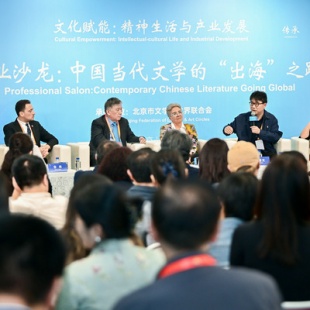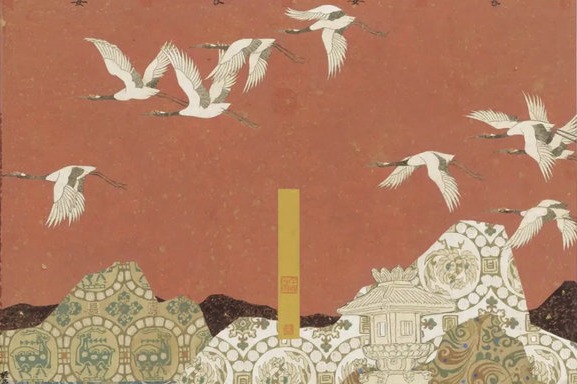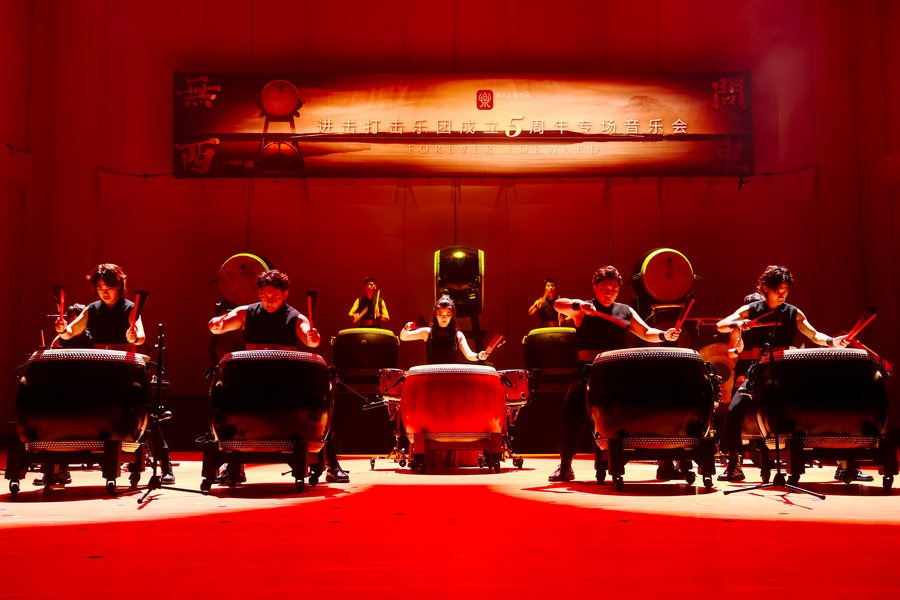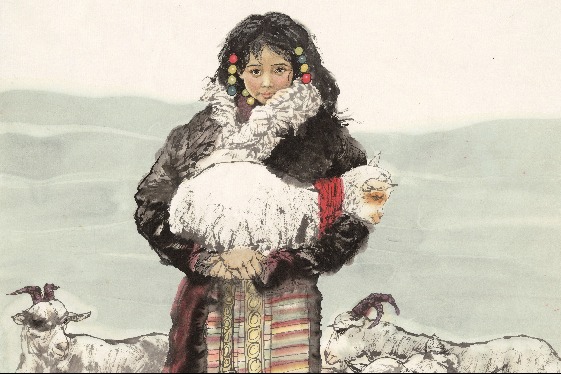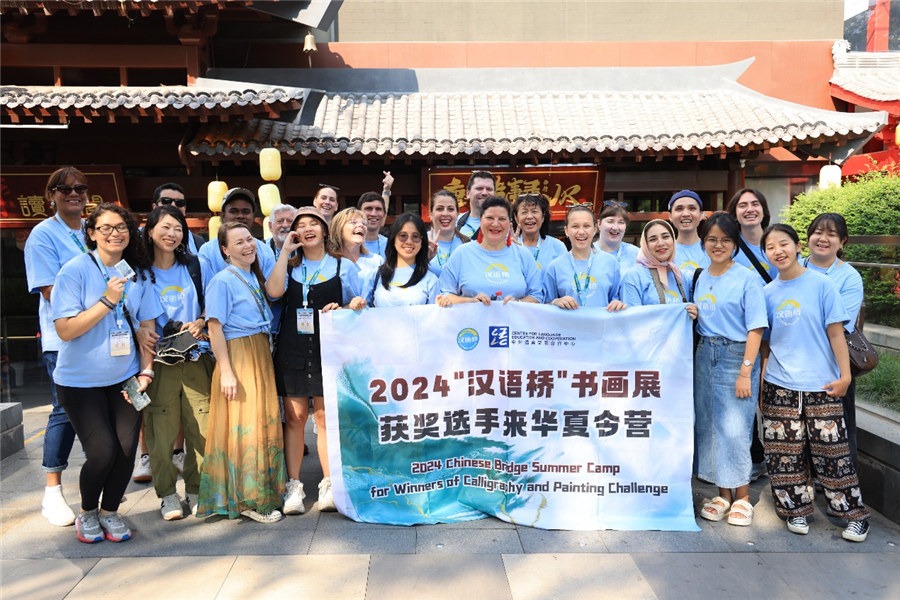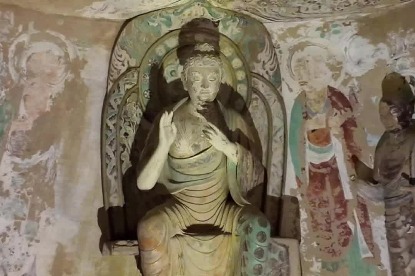Writers, Sinologists discuss taking Chinese literature global

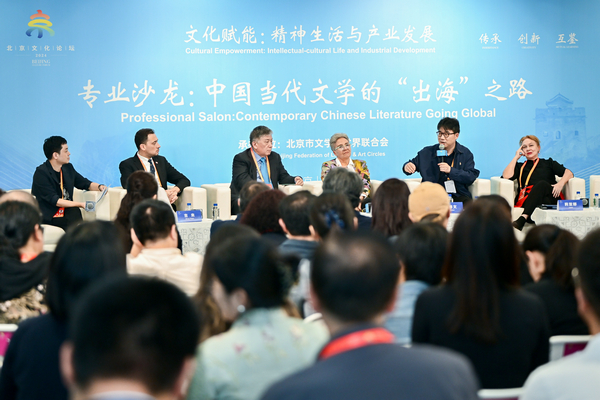
A group of Chinese writers and Sinologists gathered at a salon on Friday as part of the 2024 Beijing Culture Forum, focusing on better globalizing contemporary Chinese literature.
Organized by the Beijing Federation of Literary & Arts Circles, the event, presided over by poet and critic Yang Qingxiang, featured renowned Chinese writers Sun Ganlu, Zhou Xiaofeng, and Li Xiuwen, and Sinologists Patrizia Liberati from Italy, Giray Fidan from Turkey, and Liljana Arsovska from Mexico.
Yang noted that for a long time, Chinese literature was known by overseas readers for its ancient classics. Still, thanks to several national projects such as the Silk Road Book Translation Programme and the Sailing Project initiated in recent years to support the translation, publishing, and promotion of Chinese literature in overseas markets, more and more contemporary Chinese literary works and writers are gaining international recognition.
As a national hub for culture and international exchange, Beijing has been taking the lead in promoting the fine creations of its writers. Over the last five years, a total of 41 books by 35 Beijing writers, such as Liang Xiaosheng, Liu Heng, and Bi Shumin, have been translated into 13 different languages and published in 18 countries and world-renowned libraries such as the Cambridge University Library and the National Library of France have collected outstanding works by Beijing writers such as The Complete Works of Lao She, according to the federation.
Zhou Xiaofeng, a children's book writer from Beijing, expressed her thanks for the city's endeavors in this aspect. The writer had her fairy tale The Star Fish translated into English and Italian in 2022, and this year, the book inspired Chinese and French artists to produce a puppet show.
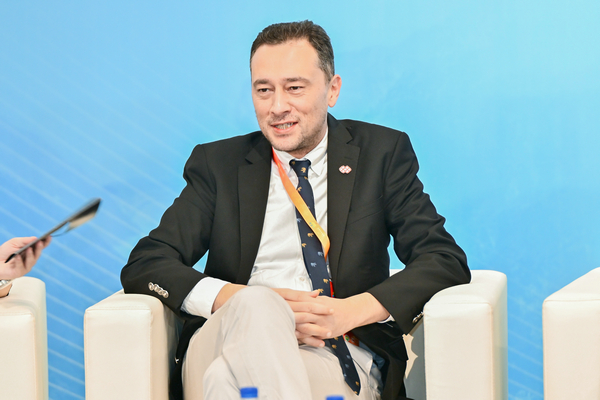
Giray Fidan, a Turkish Sinologist and a professor at the Ankara Haci Bayram Veli University, also highlighted the significance of China's translation projects for Sinologists worldwide. Fidan has translated more than 2o Chinese books, ranging from ancient classics such as The Art of War, The Analects, and The Dream of the Red Chamber to contemporary literary works, including Cat Country by Lao She and Funeral of a Muslim by Huo Da.
"The Art of War has undergone 25 reprints and been sold more than 500,000 copies, which is a huge best-seller in Türkiye where there are about 85 million people," he said, adding that "Chinese classics and literature provide us new perspectives on the world and universe, especially those of Laozi and Zhuangzi."
Fidan also emphasized the necessity of accelerating exchanges between publishers in China and Türkiye to promote Chinese literature in his country, which established the Department of Sinology at Ankara University as early as 1935.
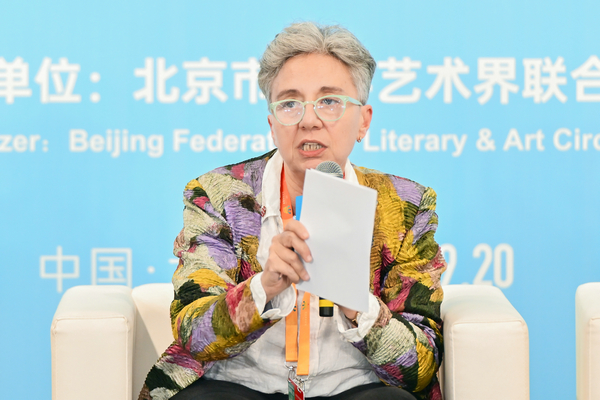
Liberati, who translated many novels by Mo Yan, Liu Zhenyun Jia Pingwa, and Li Er into Italian, emphasized the importance of holding author events such as book tours, which she viewed as a great way to pique interest in their work through face-to-face exchanges.
"Last year, we brought Yu Hua to several universities in Milan, Turin, and Rome, which was a great success. Hundreds of students turned out for his lecture and wanted to read his books," she said, adding that she planned to invite Liu Zhenyun to tour four Italian cities in December and show the films adapted from his books to the Italian public.
Liberati is also interested in translating the work by Ah Lai. "The Xizang in Ah Lai's books is authentic while the Xizang in the minds of Westerners is fictional, a Shangri-La in our imagination."
Arsovska, a professor at the College of Mexico who translated many of Liu Zhenyun's works, said that contemporary Chinese literature offers Latin American readers a window into China's fast-changing social landscape, satisfying their curiosity about the world's second-largest economy. Hence, she suggested a compilation of short stories by various contemporary Chinese writers should be made and translated into Spanish.
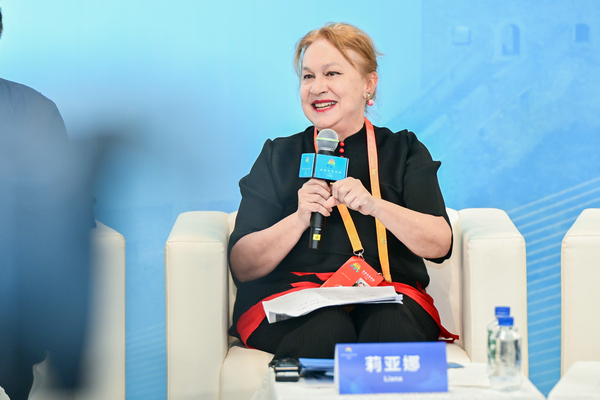
Echoing Liberati, the Mexican Sinologist also argued that it's important for Chinese writers to participate in book exhibitions in other countries and hold lectures in person or online to better engage with local readers.
Event participants agreed that because of the colossal volume of Chinese literature, nurturing young translators and Sinologists remains an urgent task requiring concerted efforts from various organizations.
Li Ji, also known as Chelsea Li, a young Chinese Canadian Sinologist, told the China Daily Website that more marketing measures should be developed to promote contemporary Chinese literature abroad.
"In Canada, there are many Chinese restaurants popular among locals, and I think it would be helpful to display translated Chinese books for interested diners to read," she said.
Currently translating a novel by Beijing writer Shi Yifeng, Li said she had spent the last two years living in the city, which she found conducive to her translation as it helped her understand more about Shi's work.
Li suggested that other Sinologists translating contemporary Chinese literature, especially novels with regional flavors, follow her example, for deeper understanding and better interpretation.


